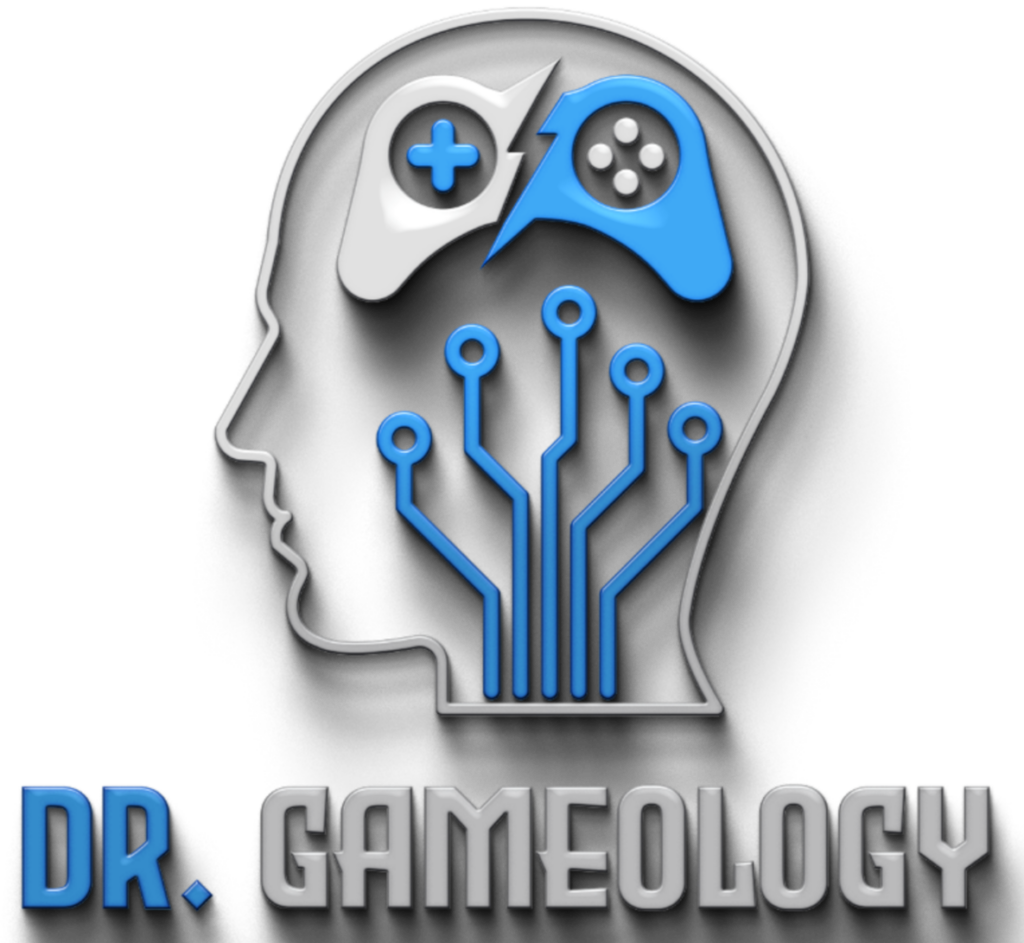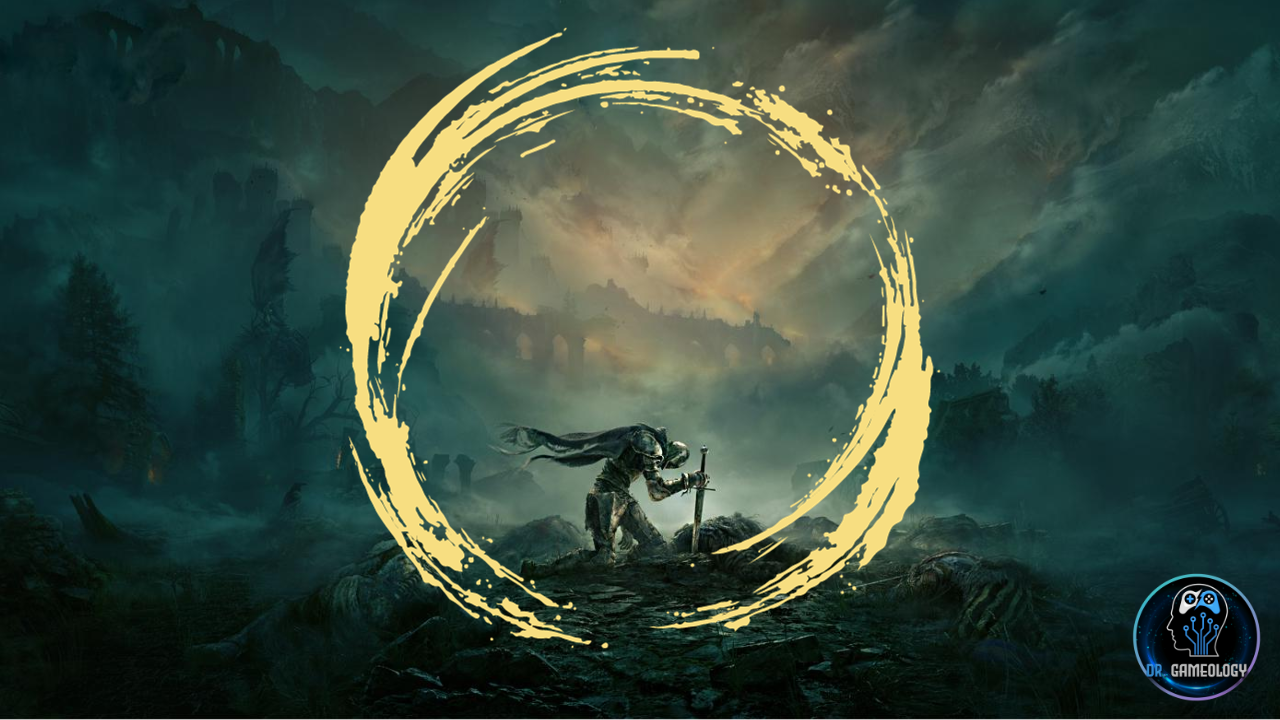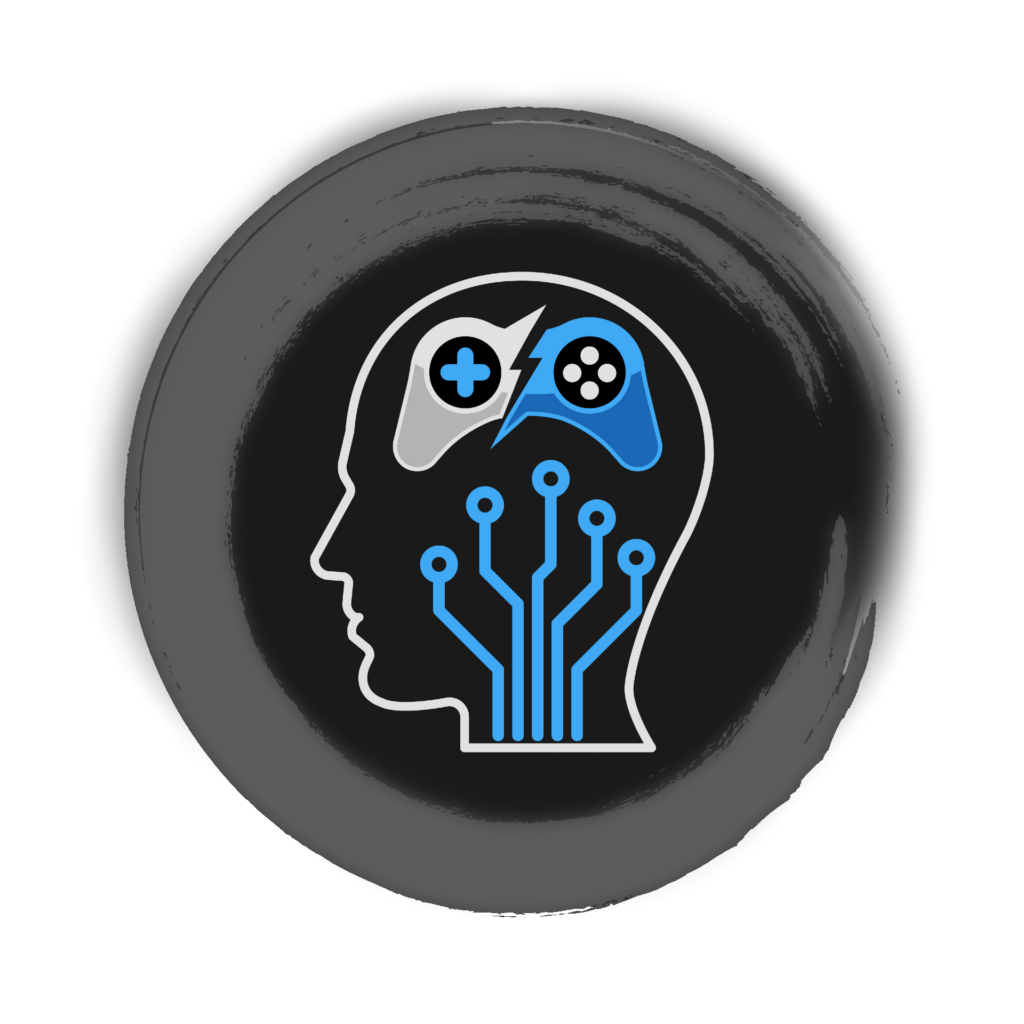Video games can give us amazing opportunities to explore emotional experiences like despair and survival in a way that can also help us understand our most essential human needs for pursuing existential success!
Maslow in Video Games: This Mental Health Moment video covers a moment from Dr. Gameology’s Twitch stream where the characters are facing difficult challenges that threaten their ability to survive and achieve their basic needs.
Alright! The timer is going, and we’re going to do another Mental Health Minute!
This is Dr. Gameology, if you know me from my class it’s Dr. Kaufmann, and I’m going to talk about a topic that came up during tonight’s play through of The Last Of Us Part 2.
So in The Last Of Us Part 2 you play you play people who survived a pandemic, but it’s not like the COVID-19 pandemic. It’s actually more like a zombie apocalypse / humanity ending kind of pandemic. And they were talking about some of the hardships they have suffered through in their childhood; childhood of course in the lives of children that grow up and are born during the pandemic is not the same as what we usually talk about in Lifespan Development. This has implications for safety, security needs, family and belongingness and also self-actualization and existential goals.
So, I just wanted to create an opportunity to talk about the importance of physiological and safety needs.
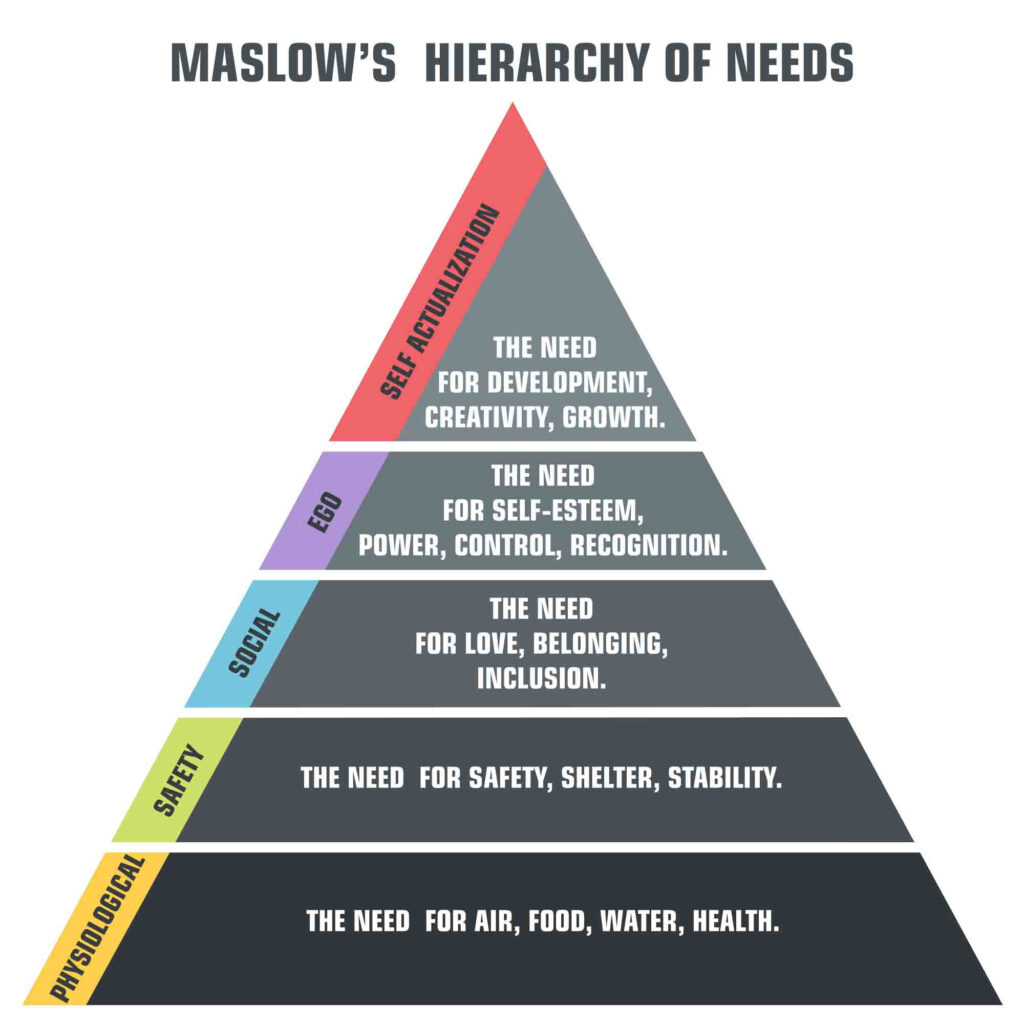
So in Maslow’s Hierarchy Of Needs, which is a pyramid, we usually see it separated into five categories. Physiological needs, safety, love and belonging, self-esteem, and then the capstone for the pyramid is self-actualization. Which is simply that you are living your life to the highest of your potential. Not everyone reaches that capstone, but once you have the bottom four levels established for yourself, many people do attempt and pursue it across their lifespan.
But when you’re living in a situation like in The Last Of Us Part 2, or in the real-world context like with homelessness, or with severe poverty and socioeconomic needs, it becomes evident that physiological needs, and safety are the foundation of this pyramid. You cannot approach the other needs, the emotional needs, and the psychological needs unless that basic foundation is set. So it’s important to take time for yourself to look at your life, what are you doing to make sure the physical needs are met, and then the safety needs? And then we start looking at the emotional and the self-esteem kinds of needs. And so the next level is love and belonging.
So it’s very simple to think “who do I belong with in my life?” or “who belongs in my life?” So we usually define this with family and friends, and so you’re probably all thinking of people that instantly pop up in your mind that help you fulfill that need … that we have a certain amount of energy and a quota of belongingness. We can say this is the group that I belong to. We can ask “what are the fandoms that energize me?” “who are the people that I spend my free time with outside of work?” Those are the people that feed us in the area of loving and belonging.
Maslow in Video Games: This Twitch clip shows a moment where (surprisingly) Doc pulls off an impressive shot instead of the usual outcome of missing.
If things in our life are going well, then we can usually see ourselves as positive and good beings. That’s what we call self-esteem. When people start to doubt their own sense of value, that level of the pyramid is compromised. And I already mentioned self-actualization, but if you have all four of the levels I just described, then you can start pursuing the goal of being the very best that you possibly could be. I’m sure that there’s going to be a lot more appearances by humanism, Abraham Maslow and the hierarchy of needs in future mental health moments, but The Last Of Us Part 2 really put me in a place where child development, and stages across the lifespan are impacted by some of the bad things that happen to society around us.
The real-world parallel being a much less severe situation, but it’s worse because it’s real and that would be COVID 19.
So just think about “How am I keeping the levels of this hierarchy in place in my life even when life becomes a little more uncomfortable?”
If the characters of The Last Of Us Part 2 can do it, then hopefully we can find a way to do it too.
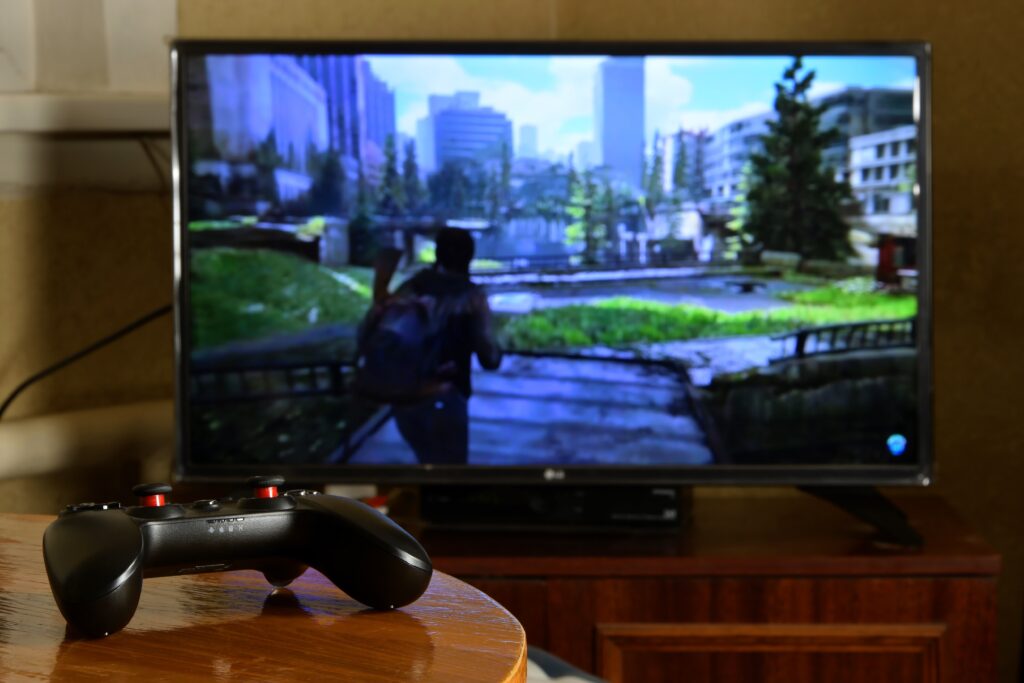
So that’s the mental health moment! This is Dr. Kaufmann, on twitch Dr. Gameology, and if you want to support my channels you can follow me on twitch and subscribe on YouTube, both are free. I appreciate it greatly.
I hope you have a great rest of your evening, and remember always to
Continue The Journey

